Search
Search Results
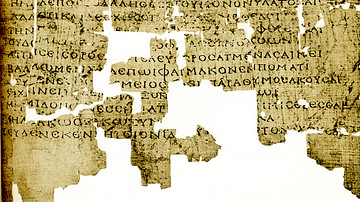
Definition
Callimachus of Cyrene
Callimachus of Cyrene (l. c. 310-c. 240 BCE) was a poet and scholar associated with the Library of Alexandria and best known for his Pinakes ("Tablets"), a bibliographic catalog of Greek literature, his poetry, and his literary aesthetic...
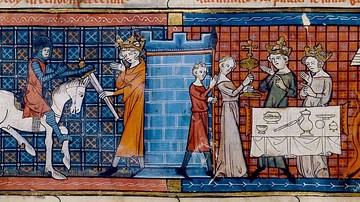
Definition
Chretien de Troyes
Chretien de Troyes (l. c. 1130-1190 CE) was the greatest romantic poet of his era, regarded today as the Father of Arthurian Romance (along with Geoffrey of Monmouth) and also Father of the Novel owing to his narrative form. He was most likely...
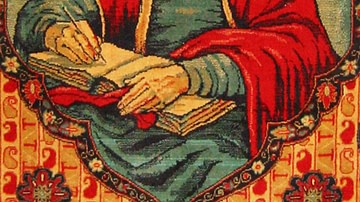
Article
Ten Great Persian Poets
Persian literature derives from a long oral tradition of poetic storytelling. The first recorded example of this tradition is the Behistun Inscription of Darius I (the Great, r. 522-486 BCE), carved on a cliff-face c. 522 BCE during the period...

Article
8 Sonnets and Songs by William Shakespeare
The literary works of William Shakespeare (l. c. 1564-1616) are often regarded as some of the most important in the English language. Alongside his famous plays, he also wrote poems, including 154 sonnets. Included here are six of the best-known...
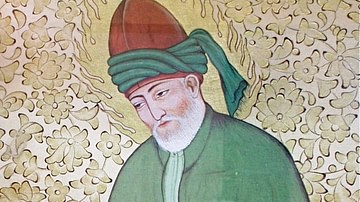
Definition
Rumi
Jalal ad-Din Muhammad Rumi (also given as Jalal ad-did Muhammad Balkhi, best known as Rumi, l. 1207-1273 CE) was a Persian Islamic theologian and scholar but became famous as a mystical poet whose work focuses on the opportunity for a meaningful...

Definition
Phillis Wheatley
Phillis Wheatley (l. c. 1753-1784) was the first African American woman to publish a book of poetry and become recognized as a poet, overcoming the prevailing understanding of the time that a Black person was incapable of writing, much less...

Article
The Aftermath of Looting: Illegally Excavated Mesopotamian Tablets
He who saw everything in the broad-boned earth, and knew what was to be known, Who had experienced what there was, and had become familiar with all things. The Epic of Gilgamesh. The tornado has started After the US-led invasion of...
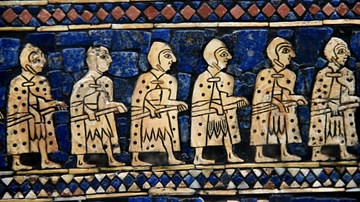
Definition
Sumerians
The Sumerians were the people of southern Mesopotamia whose civilization flourished between c. 4100-1750 BCE. Their name comes from the region which is frequently – and incorrectly – referred to as a “country”. Sumer was never a cohesive...
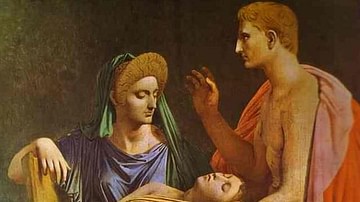
Definition
The Aeneid
The Aeneid, written by the Roman poet Virgil (70-19 BCE), is a twelve-book-long epic poem that describes the early mythology of the founding of Rome. The eponymous hero Aeneas, a Trojan prince and son of Venus, faces trials and tribulations...
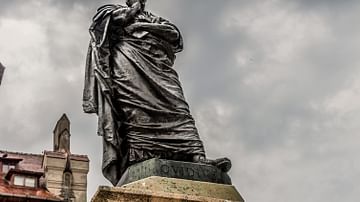
Definition
Ovid
Publius Ovidius Naso, more commonly known to history as Ovid (43 BCE - 17 CE), was one of the most prolific writers of the early Roman Empire. His works of poetry, mostly written in the form of elegiac couplets, influenced many of the great...